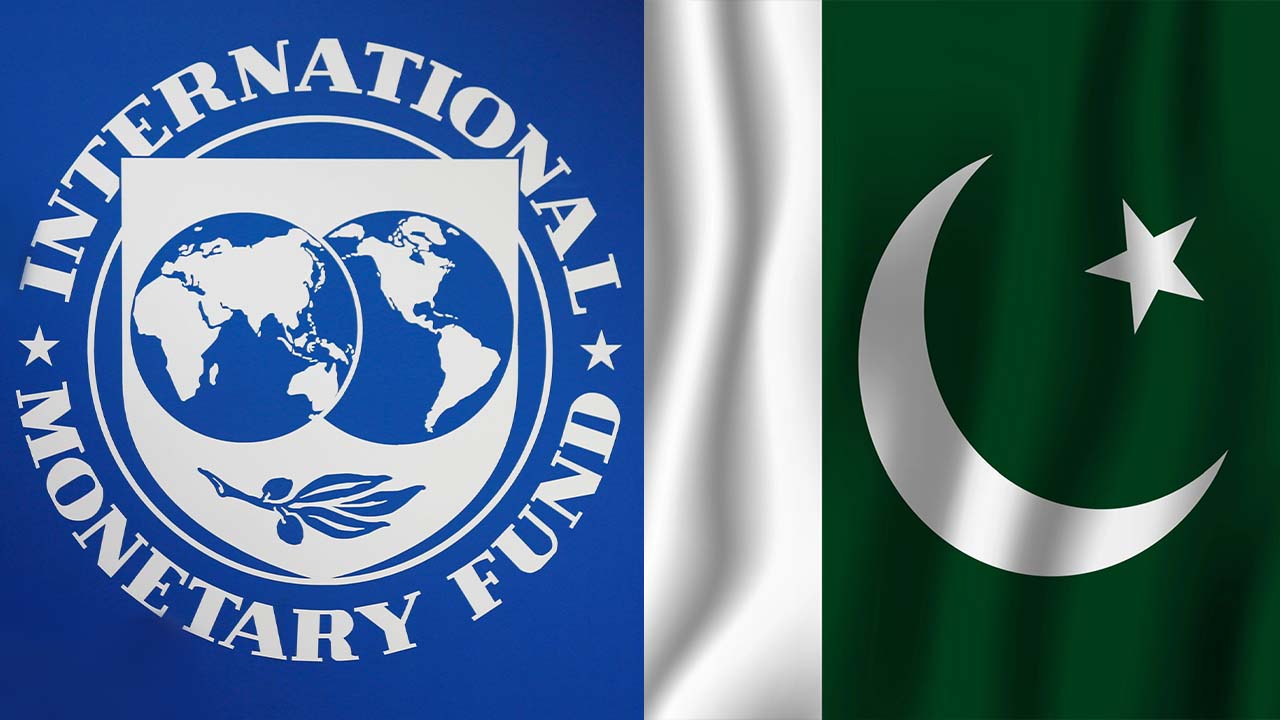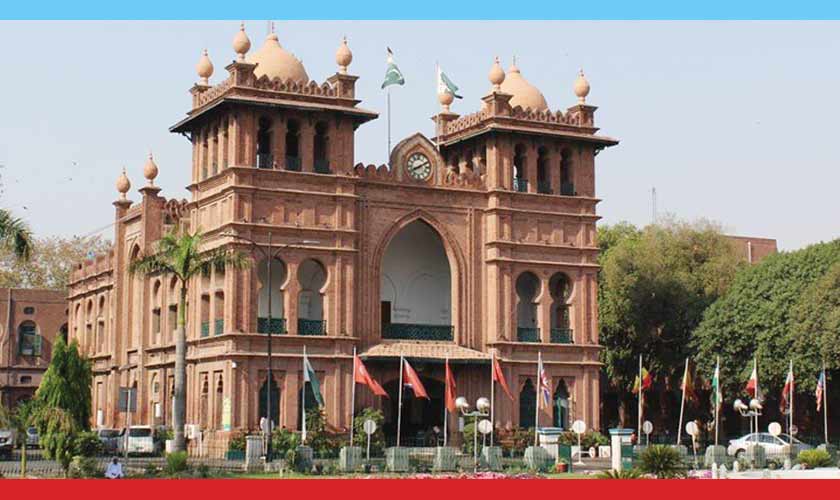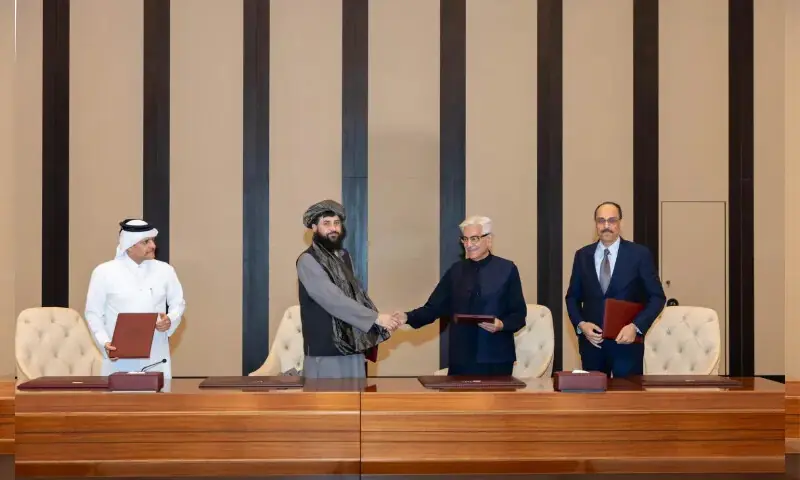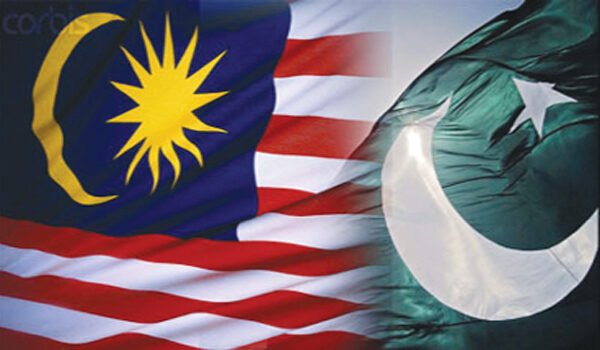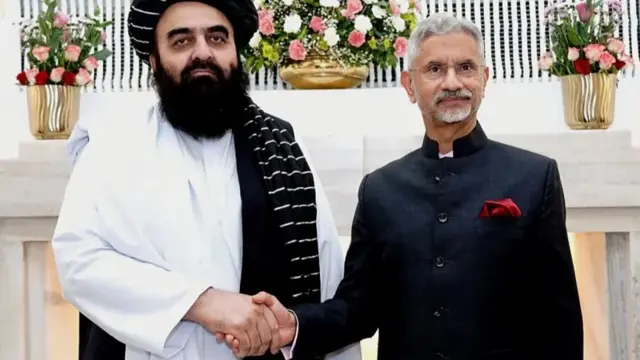Naveed Hussain
World Sustainable Transport Day serves as a timely reminder of the critical role transportation plays in shaping the economy, society, and environment. This day calls attention to the importance of creating safe, affordable, and accessible transportation systems that not only boost economic growth but also contribute to environmental sustainability, social welfare, and improved cross-border trade. For countries like Pakistan, where traffic congestion, pollution, and limited transportation options are everyday challenges, the conversation around sustainable transport is no longer merely about convenience or urban planning; it has become a matter of urgent public health and survival.
In Pakistan, the transition from private cars and outdated vehicles to a more sustainable transportation model is no longer optional—it’s a necessity for the future. The country is facing an unprecedented crisis of air pollution, with cities like Lahore and Multan seeing Air Quality Index (AQI) levels consistently surpassing hazardous levels, often exceeding 1000 in recent weeks. The situation has reached a point where measures similar to those taken during the Covid-19 pandemic—such as school closures and lockdown-like restrictions—were implemented in Lahore, a move that underscores the severity of the crisis. And this pollution is not limited to just one region. Karachi, the bustling metropolis of Pakistan’s south, is also regularly listed among the most polluted cities globally, further highlighting the scale of the issue.
While Pakistan’s growing pollution crisis certainly demands urgent action, the solution is not as straightforward as banning private vehicles or reducing fuel consumption. The country’s transport and pollution challenges are inextricably linked, and the shift away from cars, rickshaws, and old buses to a more sustainable model of transportation involves addressing systemic, infrastructural, and economic challenges. At the heart of this issue lies the fact that the very vehicles contributing to Pakistan’s toxic air quality are often the only form of transportation accessible to a large segment of the population. With high inflation and limited purchasing power, many Pakistanis have no choice but to rely on smoke-belching, outdated vehicles that have long outlived their usefulness. The result is not only increased air pollution but also exacerbated health problems such as respiratory diseases, which have become rampant across the country.
The urgency of the situation calls for an immediate shift in the way Pakistan addresses transportation. The introduction of clean, affordable, and accessible public transport options such as buses, metro services, and bike paths would be a game-changer. Public transportation has the potential to address not only the pollution crisis but also the congestion and inefficiency that currently plague Pakistan’s urban centers. According to the United Nations, living car-free can reduce an individual’s carbon footprint by as much as 3.6 tonnes annually. If more Pakistanis were able to rely on public transport rather than personal vehicles, this would significantly reduce the nation’s overall carbon emissions. Additionally, the economic impact of reducing dependence on personal vehicles could be substantial. The savings on fuel costs and the reduction in healthcare expenditures related to pollution-induced illnesses could offset the financial burden of implementing a more sustainable transportation infrastructure.
However, the path to achieving this vision of sustainable transport in Pakistan is riddled with challenges. The country’s urban sprawl—largely unplanned and poorly managed—poses a significant hurdle to the implementation of an efficient public transport system. The idea of functional bus stops, metro stations, or well-designed bike lanes seems like a distant dream in a country where traffic jams, potholes, and road hazards are ubiquitous. The lack of reliable, accessible, and modern public transportation options has long been an issue in Pakistan, and only recently have political leaders begun to acknowledge the need for reform. Yet, the pace of change has been frustratingly slow.
The situation is further complicated by the financial limitations of the Pakistani government. Developing a robust public transport system requires substantial investment, particularly in clean technologies like electric vehicles (EVs), which are necessary to make a real dent in the fight against air pollution. Pakistan’s cash-strapped economy and high inflation make it challenging for the government to allocate the resources needed for such ambitious projects. This is where international cooperation and support become crucial. Pakistan must engage with wealthier countries and multilateral organizations to secure the funding and technical expertise required to build the infrastructure for sustainable transport.
The global community, particularly the wealthier nations that have historically contributed the most to climate change, must take responsibility for helping countries like Pakistan transition to a more sustainable model of transportation. The uneven economic relationship between the Global South and Global North is a significant factor in perpetuating the pollution crisis in developing countries. While developed countries have long benefited from industrial growth and high levels of pollution, the Global South is left to grapple with the environmental consequences, including poor air quality and climate change. The continued use of outdated and polluting vehicles in developing countries is a direct result of this historical imbalance.
This reality is not lost on environmental activists and policymakers who have repeatedly called on wealthier nations to provide financial assistance and technical support to developing countries facing environmental challenges. At the COP29 climate summit, rich countries made a modest $300 billion annual pledge to help address the climate adaptation and resilience needs of poorer countries. However, this figure is widely seen as insufficient to meet the scale of the crisis. The global community needs to recognize that environmental issues, particularly those related to air pollution and climate change, transcend national borders. The environmental degradation of countries like Pakistan ultimately affects the entire planet, including the developed nations that have contributed most to the problem.
To address the transportation and pollution crisis in Pakistan, the government must prioritize the expansion and improvement of public transport systems, focusing on clean technologies like electric buses and metro services. This will require collaboration with international partners who can provide the necessary resources and expertise. Additionally, local governments must invest in urban planning and infrastructure development to ensure that public transport is accessible, efficient, and well-integrated into the country’s cities.
Pakistan’s current transportation and pollution crisis is not just an environmental issue; it is a public health and economic issue that affects millions of citizens. Sustainable transport is no longer just a matter of convenience but a vital necessity for the country’s future. The government, civil society, and the global community must work together to ensure that Pakistan’s transportation system is modern, clean, and accessible for all. Only then can the country hope to address the pollution crisis and secure a healthier, more sustainable future for its people.






